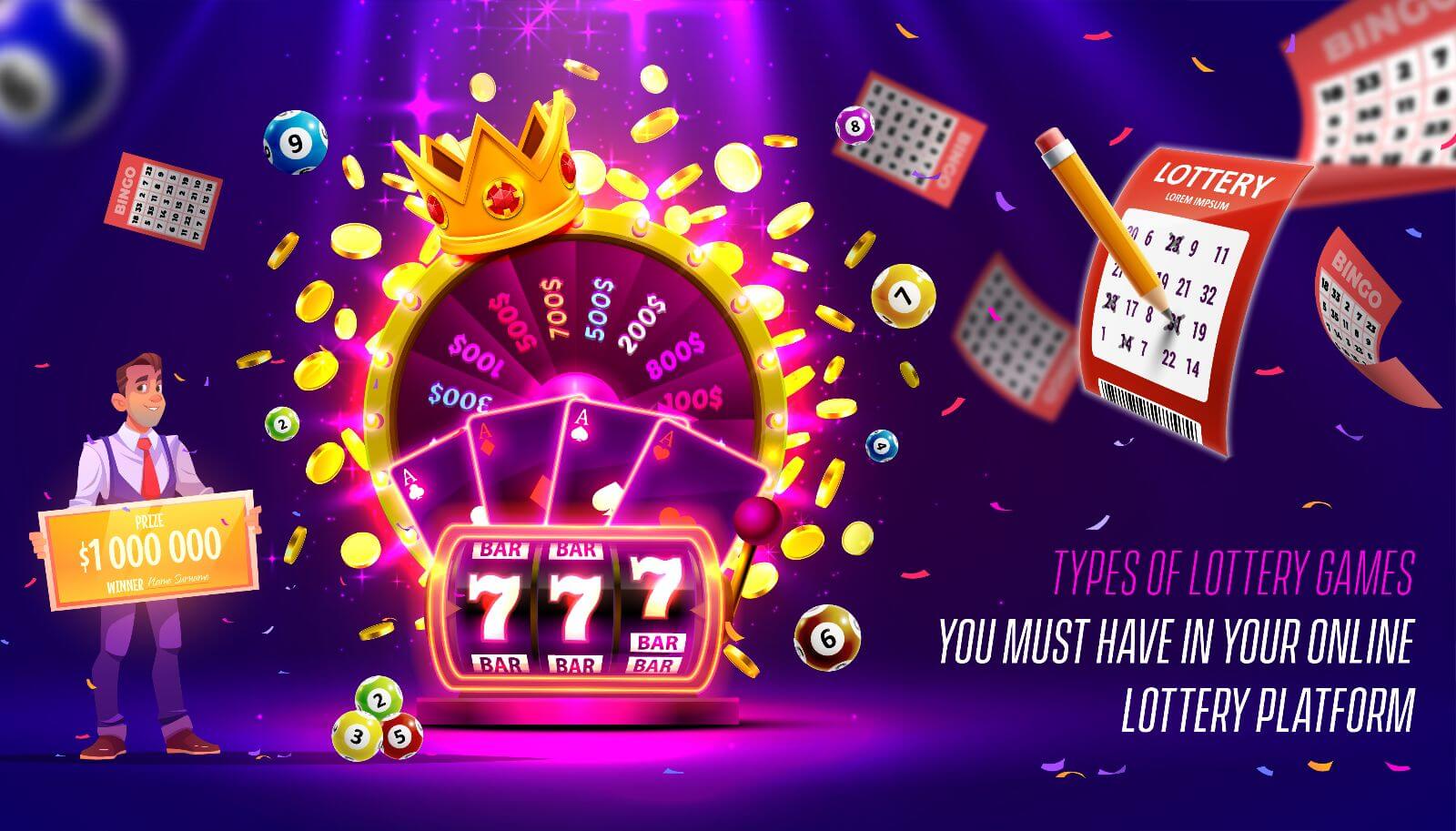
The lottery has been a part of our society for centuries, offering the thrill of a possible fortune to those who participate. Every year, millions of people buy lottery tickets in hopes of hitting the jackpot and changing their lives forever. But what exactly is the lottery, and how does it work? In this article, we will delve into the world of the lottery and explore its impact on individuals and society as a whole.
The concept of the lottery dates back to ancient times, with some of the earliest recorded examples found in China and ancient Rome. These lotteries served as a means of generating revenue for the government and were often used for public works projects such as the construction of roads and buildings. However, the modern lottery as we know it today didn’t emerge until the 18th century when the first recorded official lottery was held in England in 1694.
Today, the lottery has become a global phenomenon with numerous variations and formats. From national lotteries to scratch-off tickets, there are endless options for people to try their luck and potentially win big. The most common form of the lottery is the classic number draw, where players select a set of numbers and hope for a match with the winning numbers drawn at random. Other lotteries may involve choosing specific symbols or matching patterns. Regardless of the method, the thrill and allure of the หวย24 remain the same.
One of the main appeals of the lottery is the potential to win a life-changing amount of money. The thought of going from rags to riches overnight is an enticing dream for many people, especially those who are struggling to make ends meet. The idea that a few dollars could turn into millions is enough to inspire countless individuals to purchase a lottery ticket and take a chance at changing their circumstances.
However, the reality is that the odds of winning the lottery are incredibly slim. The chances of hitting the jackpot vary depending on the specific lottery, but they are typically in the range of 1 in several million. This means that for most people, playing the lottery is more of a form of entertainment than a serious financial strategy. But for the few lucky winners, the impact of winning can be life-altering.
Winning the lottery can bring about both positive and negative changes in a person’s life. On the one hand, it can provide financial stability and the opportunity to fulfill lifelong dreams and goals. It can also bring a sense of relief and freedom from financial worries. On the other hand, sudden wealth can also come with its own set of challenges, such as managing newfound fortune responsibly and dealing with the pressures and expectations that come with it. For some, winning the lottery can also strain relationships with friends and family who may view the winner differently or have their own expectations.
Aside from the impact on individuals, the lottery also has a significant effect on society as a whole. On one hand, it provides a source of revenue for governments and funds various public programs and initiatives. It also creates jobs in the lottery industry, from ticket sales to advertising and marketing. On the other hand, critics argue that the lottery preys on those in lower income brackets who may see it as their only hope for financial stability, leading them to spend money they can’t afford to lose.
In conclusion, the lottery holds a powerful sway over our society, offering a glimmer of hope and the potential for a life-changing outcome. Despite its critics and the slim odds of winning, it remains a popular pastime for many. Whether you choose to participate in the lottery or not, it’s clear that it will continue to hold a significant place in our society for years to come.
